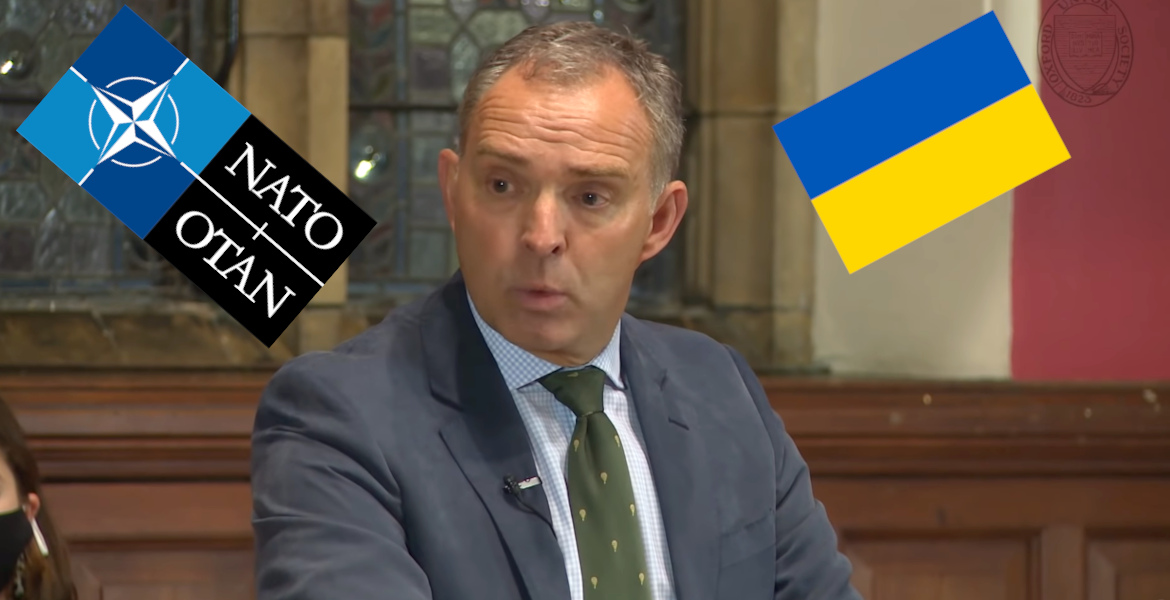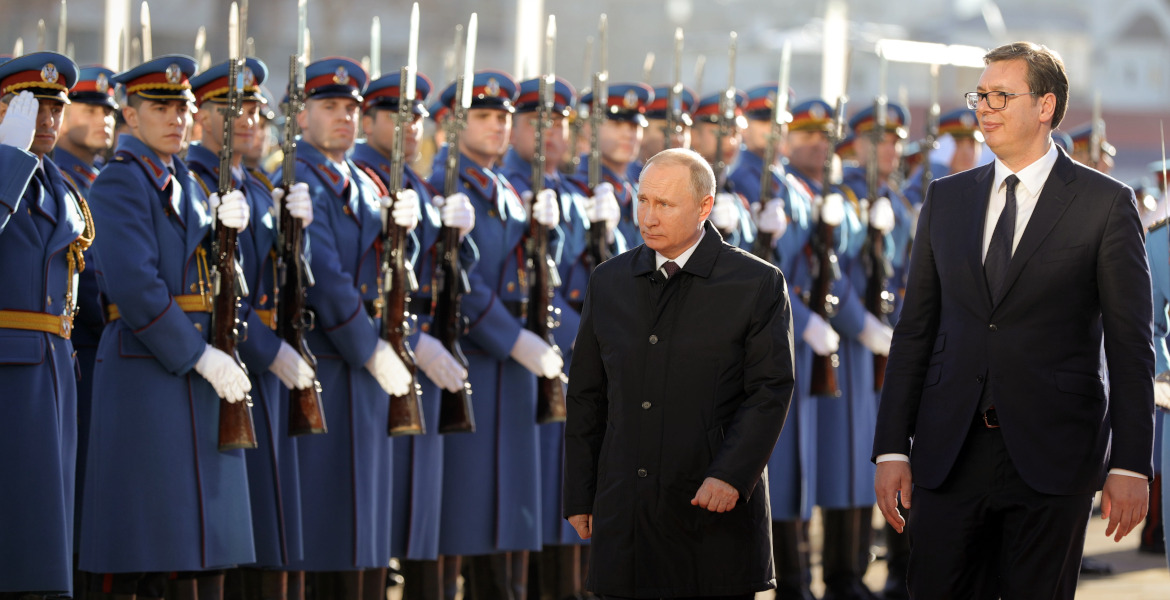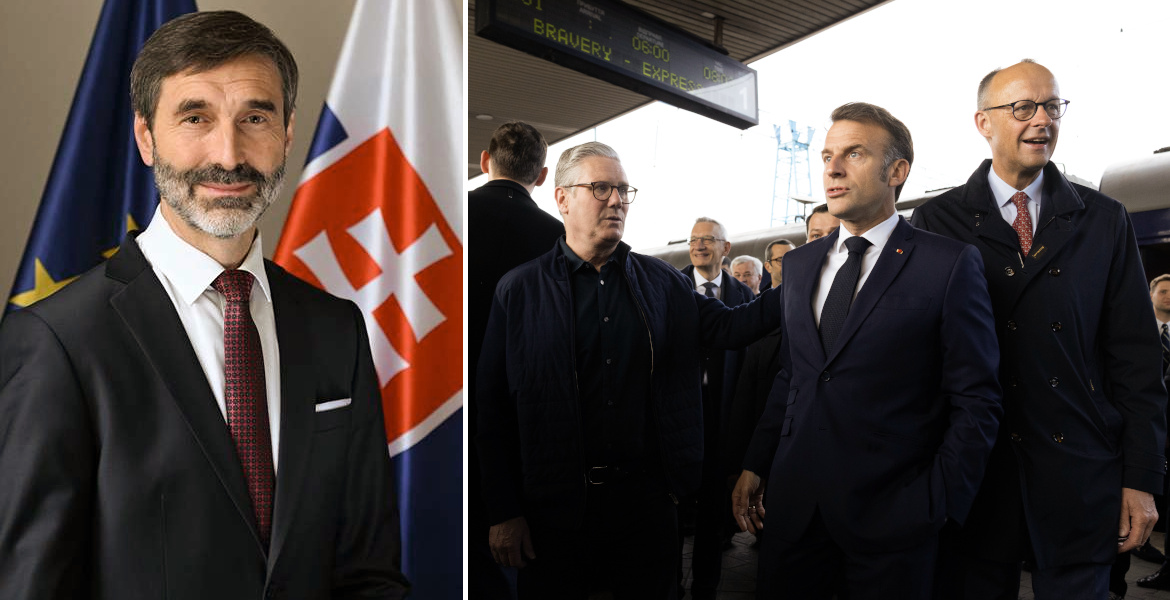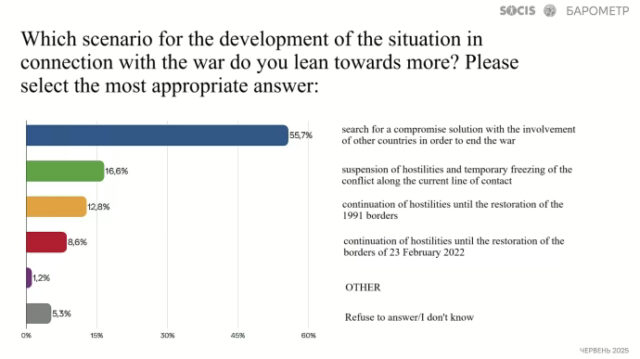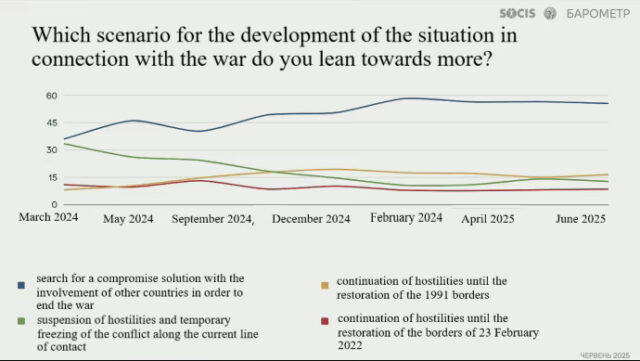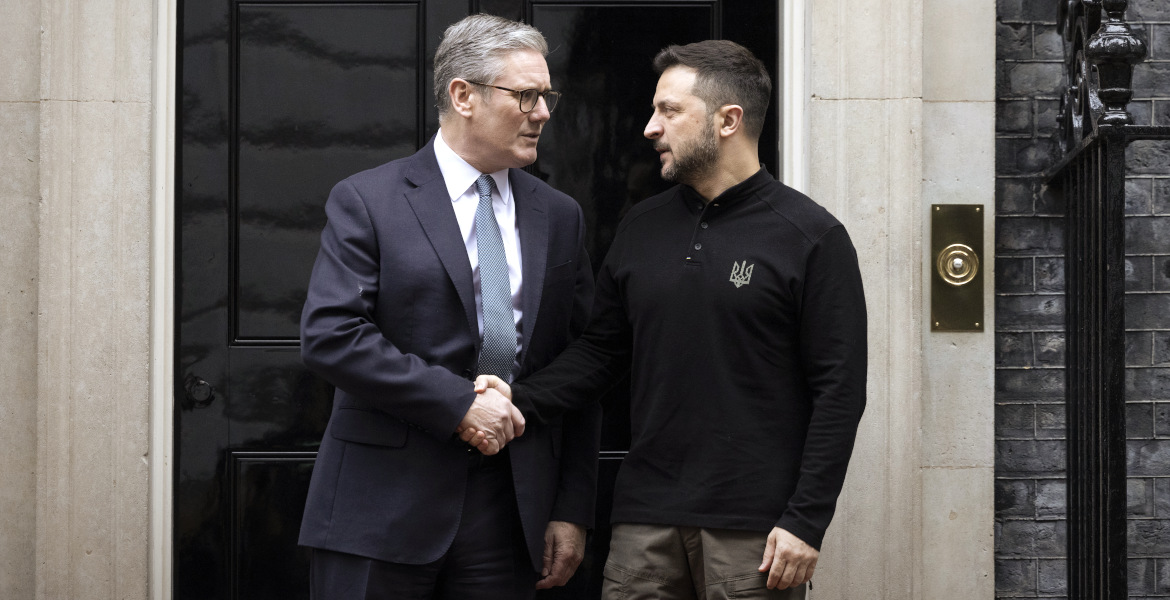Mark Sedwill, a British politician, former national security adviser and now geopolitical adviser to Rothschild & Co, says NATO needs to do more for Ukraine.
He wants the US-led military alliance to provide even more weapons to Zelensky’s army, offer long-term military assistance, and “guarantee” Ukraine a clear path to full NATO membership.
Sedwill is pleased that the war in Ukraine has led to a strengthening of NATO, with Finland and Sweden on the verge of joining the military alliance – while Russia is seen by the West as increasingly isolated.
But the challenges ahead are many, the Rothschild consultant said, and NATO members need to prepare their war industries to be “ready for any scenario” and ready when new crises arise.
“Today’s threat is Vladimir Putin’s Russia. Yesterday’s was terrorism and trafficking emerging from state failure. Tomorrow’s inevitable challenge is China, particularly as climate change opens Arctic waters and brings Nato and China into proximity in the high north. What next? State failure in post-Putin Russia? Uncontrolled artificial intelligence? Resource wars in Africa? These and more are possible, as are unknown unknowns. The western alliance, with Nato at its core, must be ready for anything”, he argues.
According to Sedwill, it is also crucial to signal to Russia now that any use of nuclear weapons will be met with “force” from NATO.
It is also important that NATO countries work to improve relations with Brazil, India, South Africa and the Arab world – countries that have recently moved closer to China and Russia. Relations between the United States and China should also be stabilized.
Most importantly, Sedwill said, NATO countries should continue to increase their support for Ukraine, urging Secretary General Jens Stoltenberg to secure three commitments for Ukraine.
“More weapons now to support this year’s counteroffensive; long-term support for developing the advanced capabilities to repel and thus deter future Russian aggression; and that guaranteed road map to Nato membership”
“As governments across the world wrestle with climate change, the tech revolution, ageing populations, migration and the retreat from globalisation, how the western alliance meets this challenge will determine how others align themselves in this era of strategic competition and thus who writes the history of the 21st century. It is a decisive period”, he concludes.
